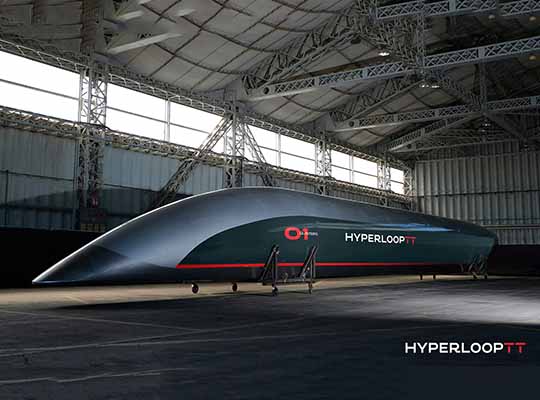The battery technology industry is essential for energy storage, and it is at the leading edge of driving innovation and transforming the future of various industries. This industry involves developing, producing, and implementing advanced energy storage solutions for electric vehicles, renewable energy systems, consumer electronics, and various other applications.
The battery technology sector includes all activities related to the exploration, innovations, manufacturing, and improvement of energy storage devices. These devices, more commonly known as batteries, are created to store and release electrical power, playing a key role in enabling efficient and sustainable use of energy in various sectors. With advancements in technology, the battery technology industry is continuously changing to improve the performance, safety, and environmental sustainability of batteries.
According to a recent report published by Allied Market Research, the battery technology market is anticipated to display a considerable CAGR during the projected period.
Growing advancements in smart electronic devices
Increased access to electricity and global connectivity has brought about more reliance on technology. Lithium-ion batteries are widely used in various devices, such as gardening tools, consumer electronics, and power supply systems. These batteries have a high energy storage capacity and can be customized according to different devices. The Internet of Things (IoT) has gained traction and is fueling the development of smart devices, such as fitness trackers, smartwatches, and smart speakers. These devices demand long-lasting battery life, making lithium-ion batteries a prime choice. Their durability and recharging capability make them best for smart devices intended to have extended lifespans.
Explore future battery technology generation
The future generation of battery technology is described by advancements that aim to overcome the current constraints in energy storage systems. A notable development is the advent of solid-state batteries that make use of solid materials rather than traditional liquid electrolytes, improving safety, energy density, and longevity. These batteries can be used in electric vehicles (EVs) and portable electronic devices.
In addition, there is a growth in lithium-sulfur batteries because of their higher energy density compared to traditional lithium-ion batteries, which can transform the energy storage capacity of longer-range electric vehicles. Researchers are also investigating other materials, such as silicon or lithium air, to improve energy storage capacity and effectiveness.
Moreover, advancements in flow battery technology, which entails storing energy in liquid electrolytes in separate tanks, offer the ability for large-scale energy storage for the power grid. This technology presents an adaptable option for integrating renewable energy sources into the grid. These developments aim to overcome contemporary boundaries and introduce a brand-new battery technology that is more efficient, safer, and environmentally friendly, with tremendous effects across different industries.
Recent advancements in battery technology
Some players such as Sony Corporation, American Battery Charging Inc., General Electric, Hitachi Ltd., and Honda Motor Co., Ltd. are focusing on implementing various strategies which include, the introduction of new technologies and services, forming partnerships, collaborations, and joint ventures to strengthen their foothold in the global industry. For example, In June 2022, Contemporary Amperex Technology Co., Ltd. introduced its latest battery called Qilin, which boasts a remarkable 72% volume utilization efficiency and an energy density of up to 255 Wh/Kg, making it the world’s most integrated battery.
Furthermore, in April 2021, Hitachi Ltd. produced an organic solid electrolyte to lower the overall cost of lithium-ion batteries throughout their lifetime. Due to their safety, small size, and durability, these batteries are essential for electric vehicles, stationary applications, and other uses.
Conclusion
To conclude, the global battery technology sector is rapidly growing due to its innovative technologies that shape the future of energy storage and increasingly affect many different sectors, which will boost the growth of this industry.
Short description
The battery technology industry is critical for energy storage in various sectors, such as electric vehicles, renewable energy sources, and consumer electronics. Future advancements include solid-state and lithium-sulfur batteries, presenting advanced safety and power density. Flow battery technology offers scalable solutions for the integration of renewable energy sources into the power grid. In addition, innovations in technology support global industry growth and revolutionize the future of energy storage technologies.
About The Author:
Harshada Dive is a computer engineer by qualification. She has worked as a customer service associate for several years. As an Associate Content Writer, she loves to experiment with trending topics and develop her unique writing skills. When Harshada’s not writing, she likes gardening and listening to motivational podcasts.













